Keywords: France
There are more than 200 results, only the first 200 are displayed here.
-
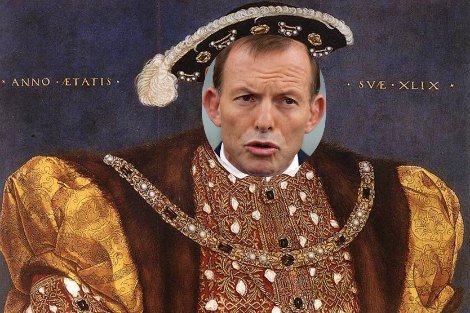
AUSTRALIA
- Brian Matthews
- 28 March 2014
11 Comments
Thomas Wyatt, poet and prominent figure in the court of Henry VIII, found life there not only perilous but repugnant and dreamed of escape. There is much that Wyatt would recognise in the court of Tony Abbott: the obsessive secrecy, the suspicion of foreigners, the cruelty, the ecclesiastical connections, the dames and knights, the aggressive Anglophilia. At least he wouldn't have had to encode his unease in poetry.
READ MORE 
-
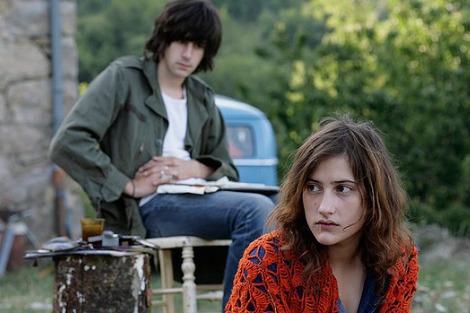
ARTS AND CULTURE
- Tim Kroenert
- 05 December 2013
As high school students they are too young to have begun the cultural revolution. But they try to fan its flames and bring its ideals to bear. Their idealism is at times tested against the cynicism or jaded moral certitude of older revolutionaries, one of whom chastises them for entertaining legitimate doubts about the means employed by Mao Zedong. There clearly is a gulf between healthy skepticism and wilful blindness.
READ MORE
-
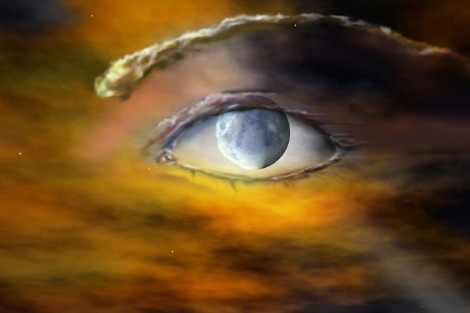
ARTS AND CULTURE
- Carolyn Masel
- 29 October 2013
2 Comments
A French philosopher went up the Tower to spurn the matchless view. In principle. New York City sparkled at his feet. How to convince them of their value down there: the spontaneity of life on the street — its chaos, brio, democratic lack of vista ... While up here, perilously near the far-sighted eyeball of God (that insatiable, designing orb), you could forget it all, and just hang like a planet, while the lights went out ...
READ MORE 
-
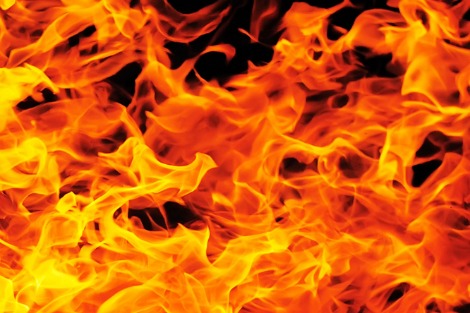
ARTS AND CULTURE
- Bronwyn Lay
- 23 October 2013
5 Comments
Human land practices and increasing temperatures alter the earth, and are influenced by politics, law, philosophy and economics. In Lisbon, Western philosophy sought to sever God from nature; now we pretend that the fusion of humans and nature doesn't exist. The term natural disaster shouldn't be trusted. It is superstitious to think humans and nature aren't locked in a reciprocal relationship with political and ethical responsibility.
READ MORE 
-

ARTS AND CULTURE
- Gillian Bouras
- 02 October 2013
12 Comments
The International Day of Non-Violence on 2 October coincides with the birthday of Gandhi, who pioneered the concept of political non-violence and the notion of passive resistance, and paid the highest price for his moral choices. A great many people, like Gandhi, desire a non-violent world, in which whistleblowers and thoughtful, idealistic individuals are honoured rather than punished.
READ MORE 
-
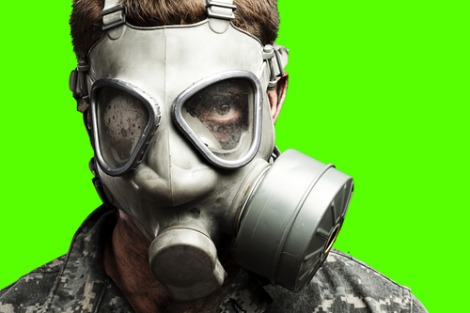
AUSTRALIA
- Justin Glyn
- 30 August 2013
7 Comments
For the second time in a little over ten years, the US and its allies seem about to launch hostilities against an Arab country on the basis of the possession or use of chemical weapons. They have made clear that while they may seek a Security Council resolution, they do not consider themselves bound by it. This is worrying.
READ MORE 
-
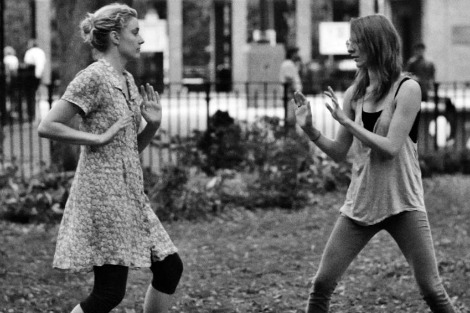
ARTS AND CULTURE
- Tim Kroenert
- 22 August 2013
Frances and Sophie had been virtually co-dependent; a celibate lesbian couple, they'd joke. But with a new circle of friends and a new fiancé, Sophie is quickly outgrowing Frances, and this throws Frances into disarray. She approaches life with wide-eyed wonder, and tries to maintain the wonder no matter what life throws at her. But endless optimism can be wearying work.
READ MORE 
-

AUSTRALIA
- Michael Mullins
- 29 July 2013
14 Comments
Australian cycling great Stuart O'Grady says using drugs was the only way he could be competitive at the 1998 Tour de France. Graham Richardson — famed for his 'whatever it takes' approach to politics — says Labor's PNG solution is cruel but 'politically brilliant' and has given the party a competitive edge. In years to come, Labor party elders will realise the cost of this competitiveness.
READ MORE 
-

RELIGION
- Andrew Hamilton
- 17 June 2013
20 Comments
Sometimes events take on a significance beyond their historical context. That was the case with Gallipoli and the Eureka Stockade. It may also prove to be the case with the bodies left in the water after an asylum seeker boat sank, and the delay by the Australian authorities to take responsibility for their recovery.
READ MORE 
-

INTERNATIONAL
- William Gourlay
- 12 June 2013
5 Comments
Turkey's increasingly dictatorial prime minister Recep Tayyip Erdogan paid little heed to last week's violent demonstrations, dismissing protesters as looters and blaming social media for inflaming the situation. The protests are hardly on par with Egypt's government-toppling anti-Mubarak demonstrations, yet may still lead to a rejuvenation of Turkish democracy.
READ MORE 
-
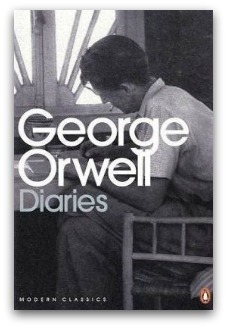
ARTS AND CULTURE
- Brian Matthews
- 01 March 2013
4 Comments
'On this day in 1939: Belgium signed a trade treaty with France, 71 people died in the Black Friday bush fire, and Orwell's chickens laid two eggs.' Orwell's domestic diaries seem trivial, but it is wrong to assume he saw his recording of vegetables, egg laying and other small-holder concerns as dwarfed by the great world.
READ MORE 
-

AUSTRALIA
- Binoy Kampmark
- 30 January 2013
3 Comments
Behind the labels of undifferentiated militancy lie dangerous consequences. When it comes to the disturbances in Algeria and Mali the mistake has been to equate local troubles with international significance. Both al-Qaeda and Western powers are playing on this theme, and in doing so have created enormous suffering.
READ MORE 